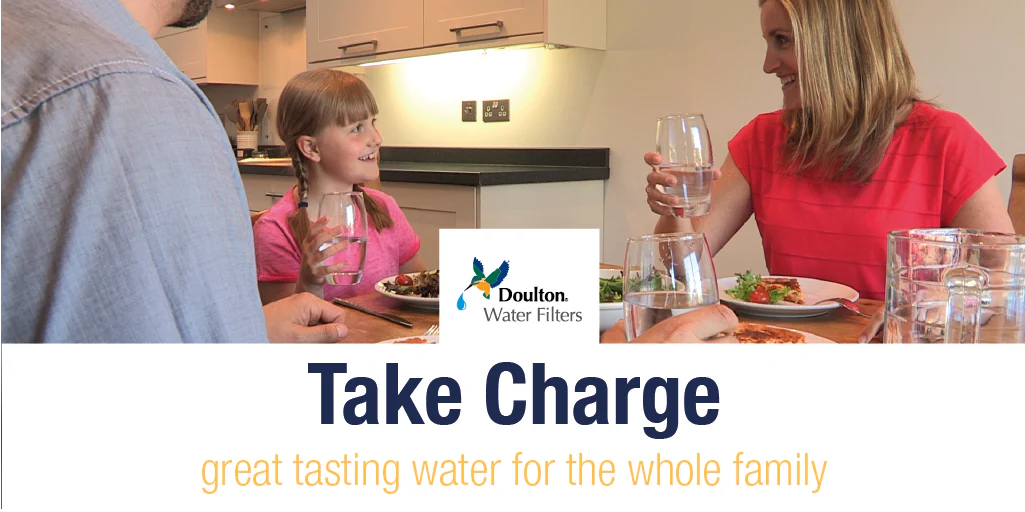We're all aware that certain parts of the world suffer daily from drought and starvation issues. But living in modernised society you inevitably become commoditised to having an easily accessible drinking water supply.
And it is, accessible that is. But is your accessible water supply healthy?
Just because we are fortunate enough to turn a tap on and off just like that, to pour a clear glass of water, fill the kettle or wash the Sunday-roast veggies, it doesn't mean that the water is free from contaminants. And this is something a recent advocate of ours discovered in her journey for optimal nutrition for health and performance.
"I started to investigate what our water contained within it. I appreciate that our water is way healthier than it was in the past and also than it is in other poorer countries but that's a relative concept. Is it actually what I want my kids and my husband and I to be drinking?' Read more here.
Jenny Tschiesche is a nutritional expert and successful founder of The lunch Box Doctor. In her latest blog, she raises some important points about how certain health risks are caused by exposure to contaminated water supplies. In particular, she discusses the effects of chlorine, pesticides and herbicides.
Knowing what's in your drinking water supply
Chemicals are added to our water supply on purpose through used-water treatment processes in order to clean it sufficiently before releasing it back into the drinking water supply. Yet contaminants can also enter our waterways through old pipework and the outdoor environment after it's been chemically treated. And who's to say we know what these chemicals are doing in the first place?
The only way to be 100 percent sure that your drinking water is healthy (for you and your family), is to understand, first of all, what's in your water supply and how to combat any possible contaminants.
Only at this point will you be able to determine the correct water filter and additional pre-filters suitable to your needs.
Another spanner in the water works (excuse the pun) is the ongoing debate between bottled water and tap water.
"I also started to think about the amount of water we all now drink from plastic bottles. Firstly plastic bottles are not sustainable, no matter what we are told. They have a large carbon footprint and what you drink in 10 minutes can hang around for 1000 years!"
As Jenny points out, bottled water isn't necessarily the answer for the environment. Nor is it necessarily the answer for our own bodies.
Jenny's journey to find answers brought her to Doulton Water Filters and she's never looked back. Jenny has since become a great advocate in sharing the message we're trying to spread about taking charge of your water supply and enjoying healthier, great tasting water.
The importance of healthy drinking water
It's important to understand what's in your drinking water and how you can invest in ways to make healthier changes. Changes that work for you.
Please feel free to read more about the ways in which water filtration systems are providing clean, healthy, great-tasting water - for everyone.






